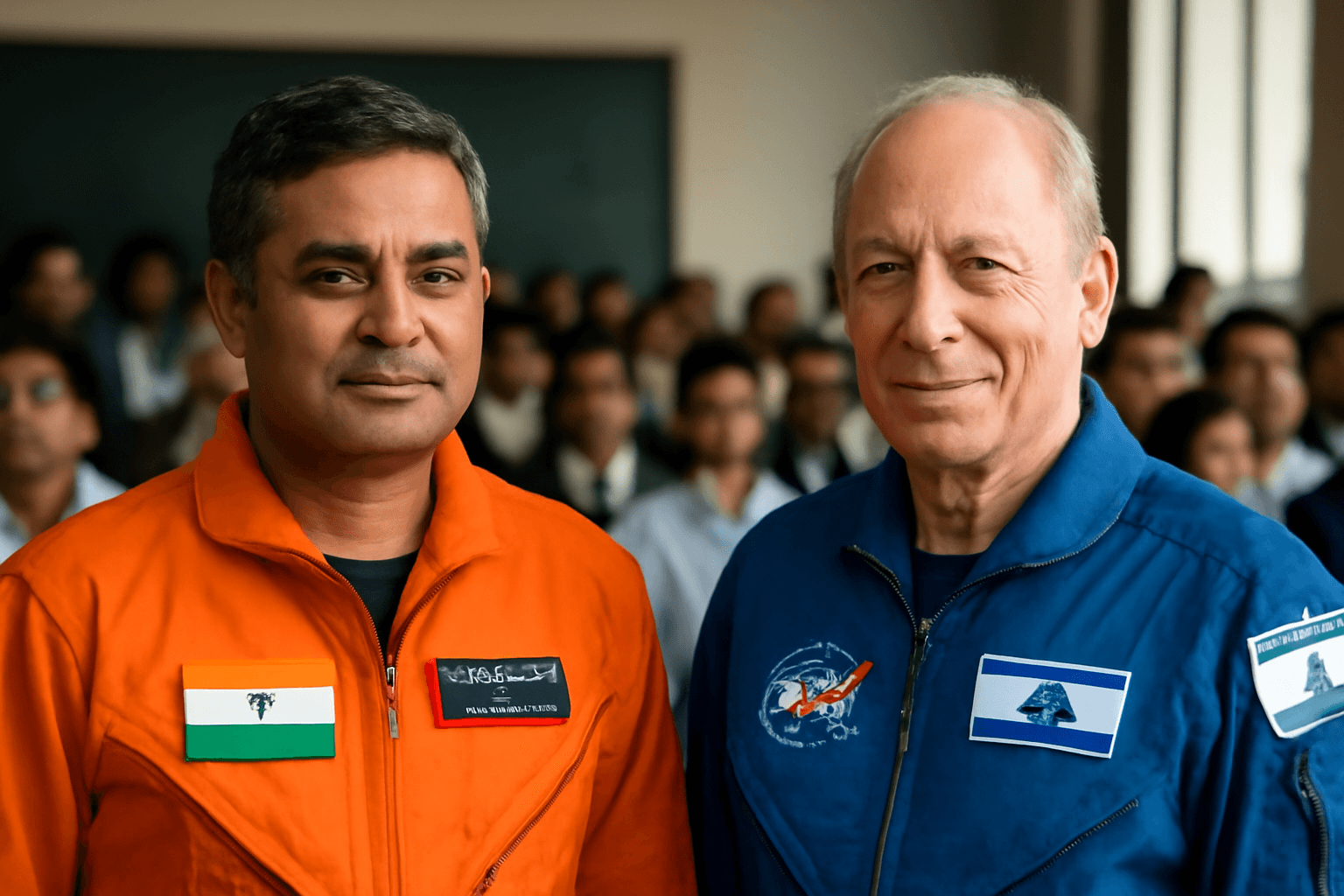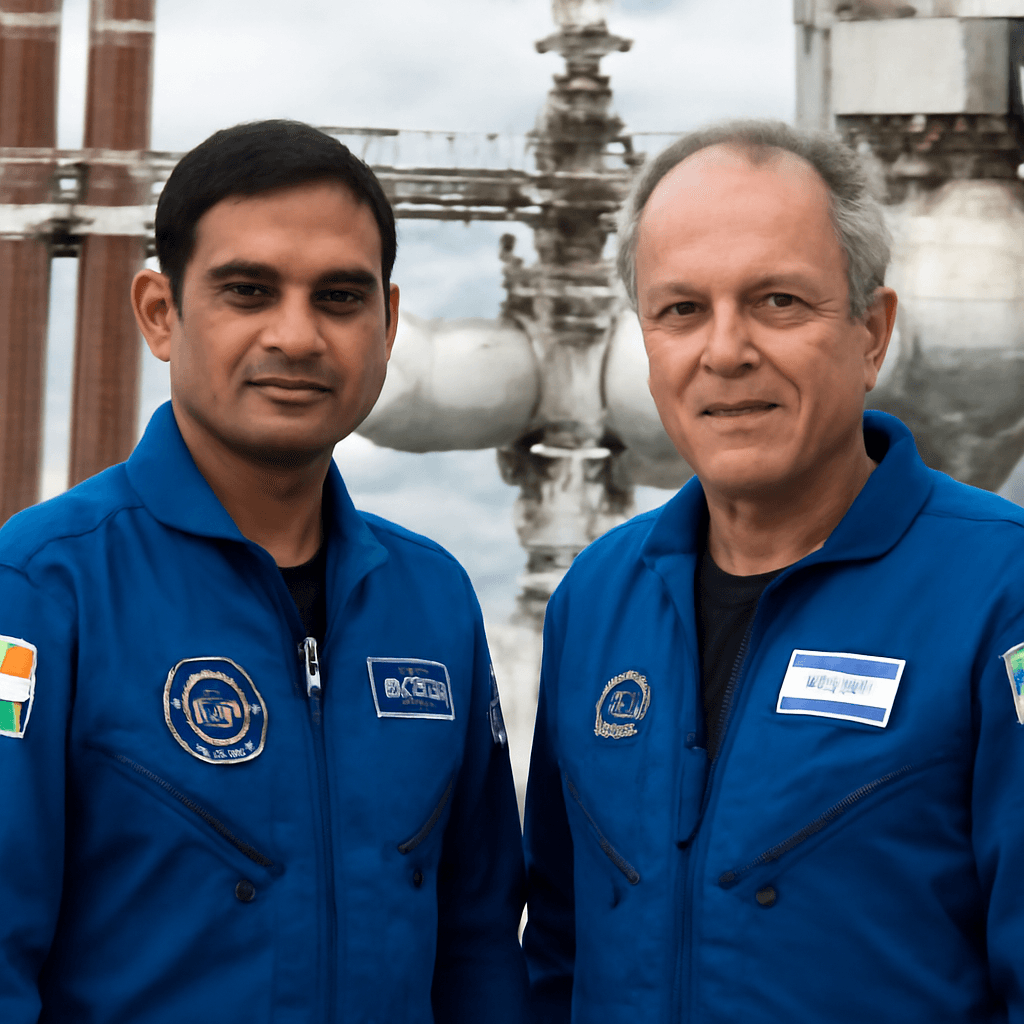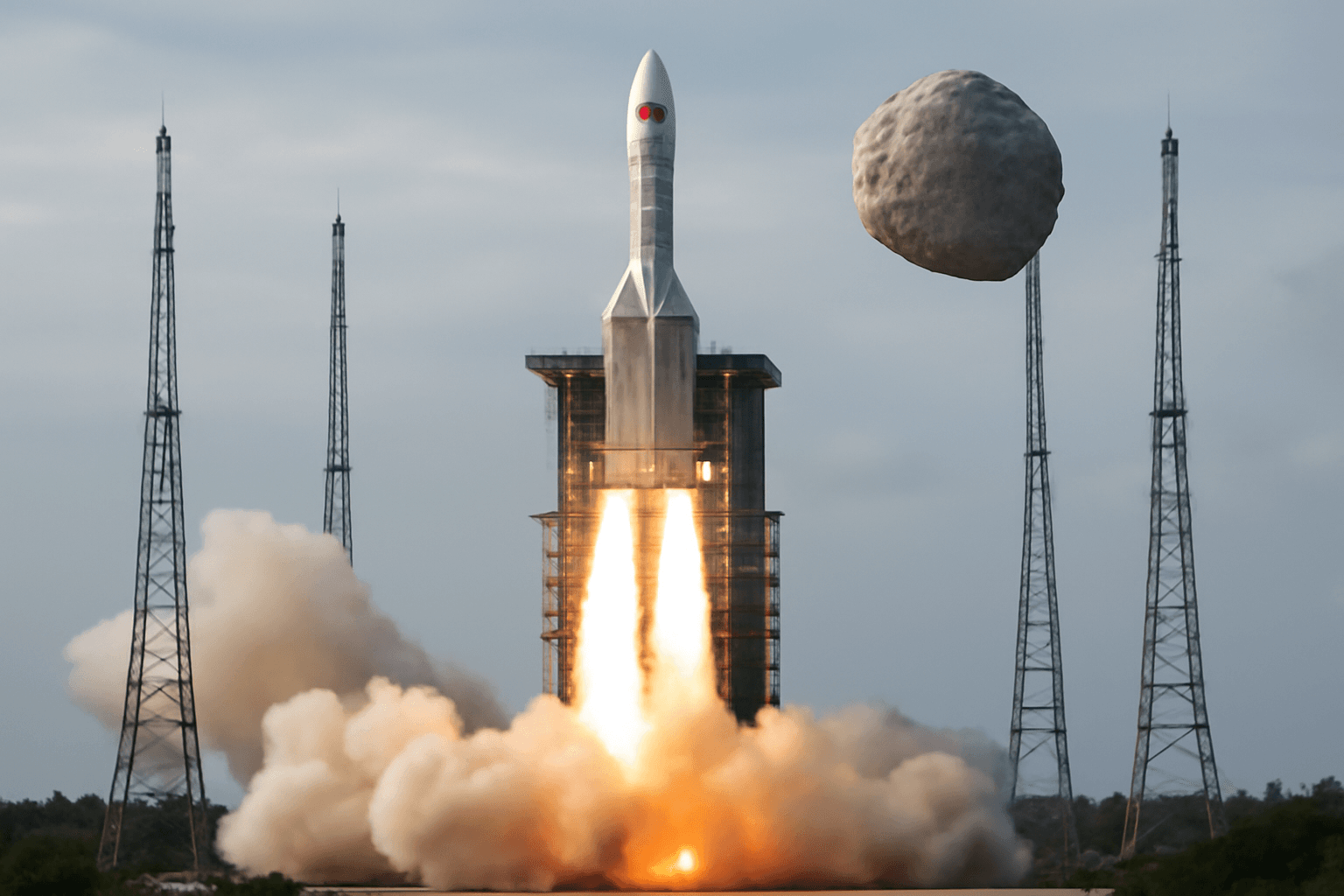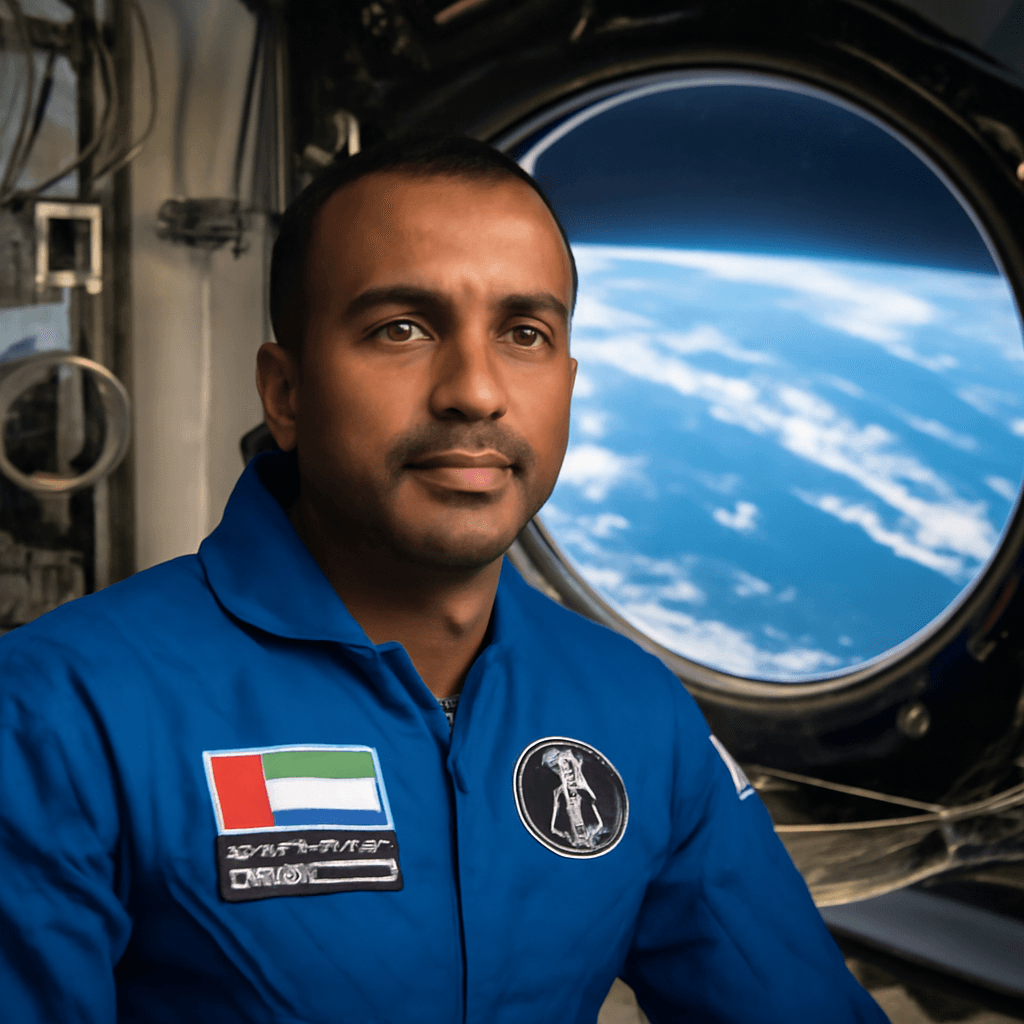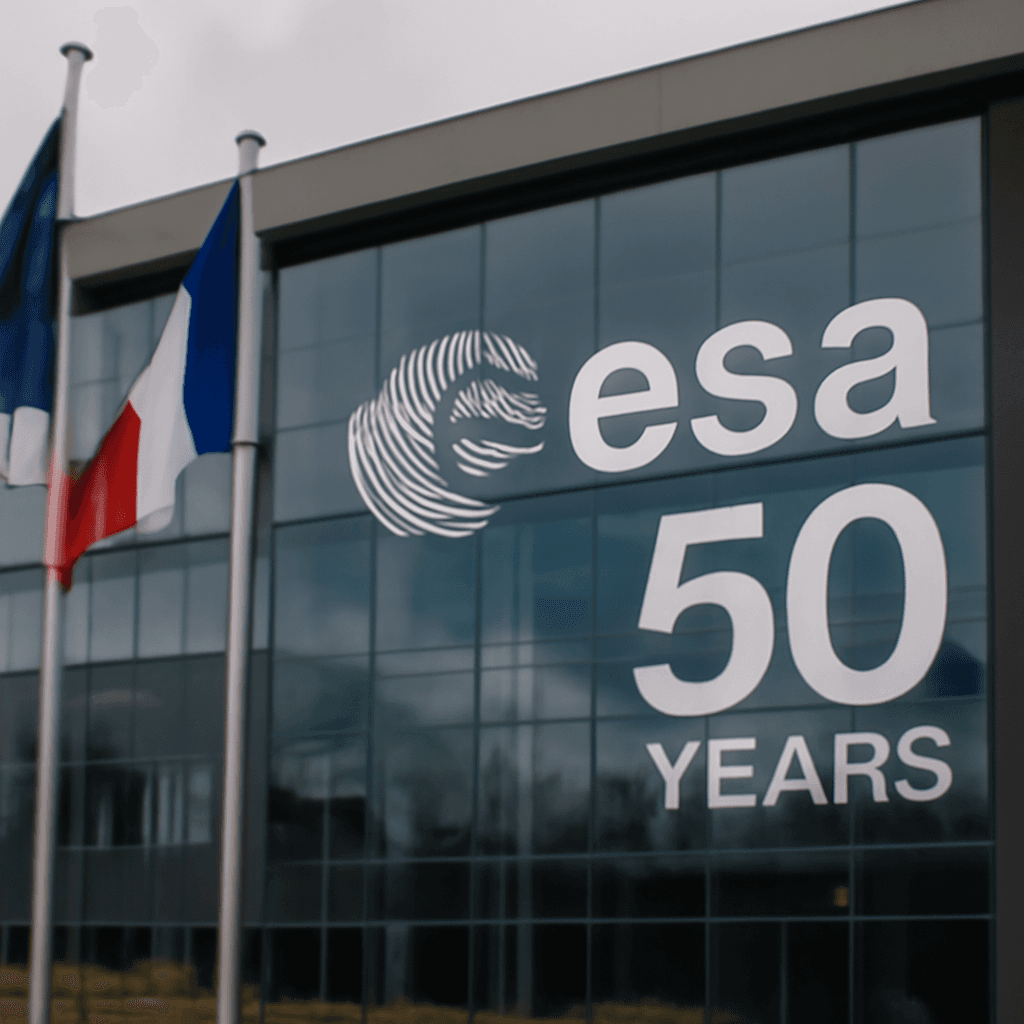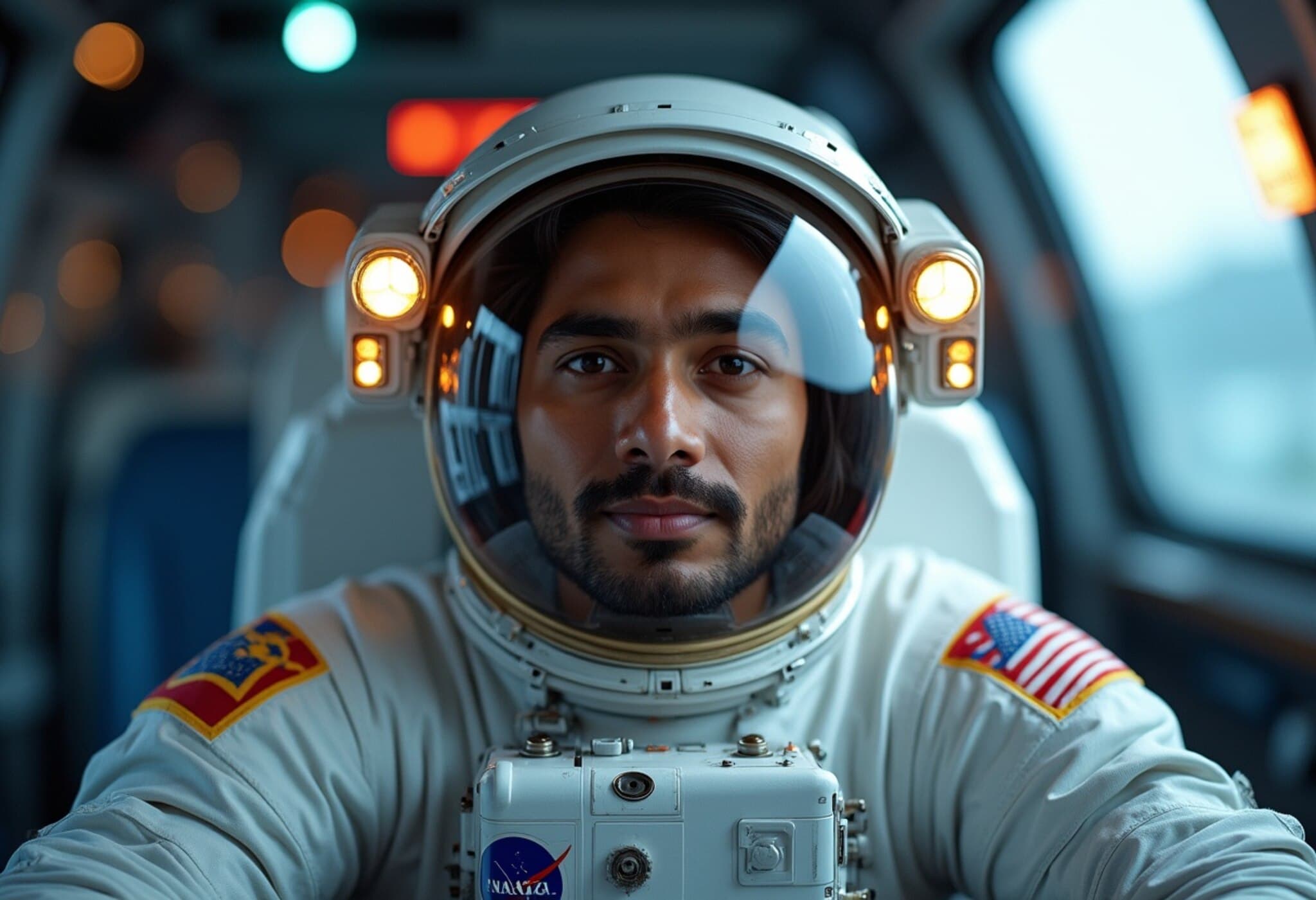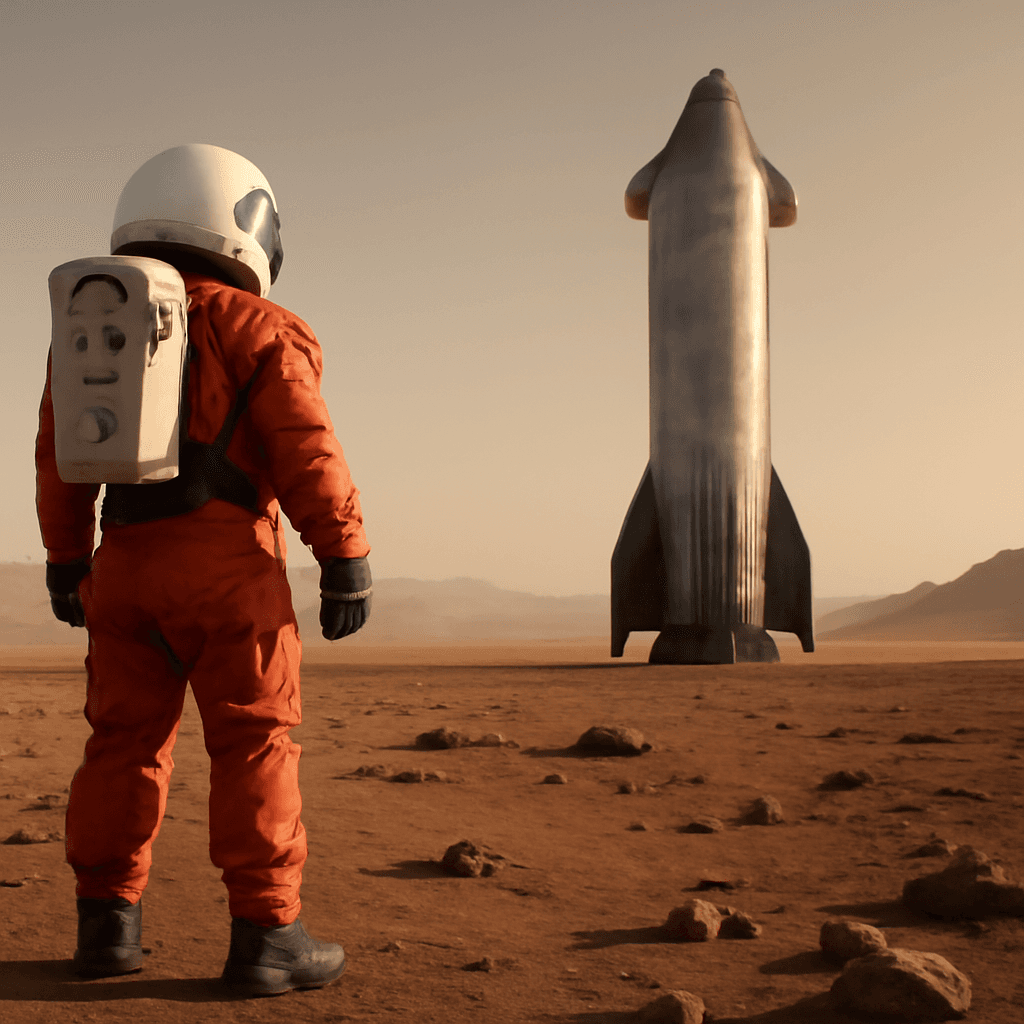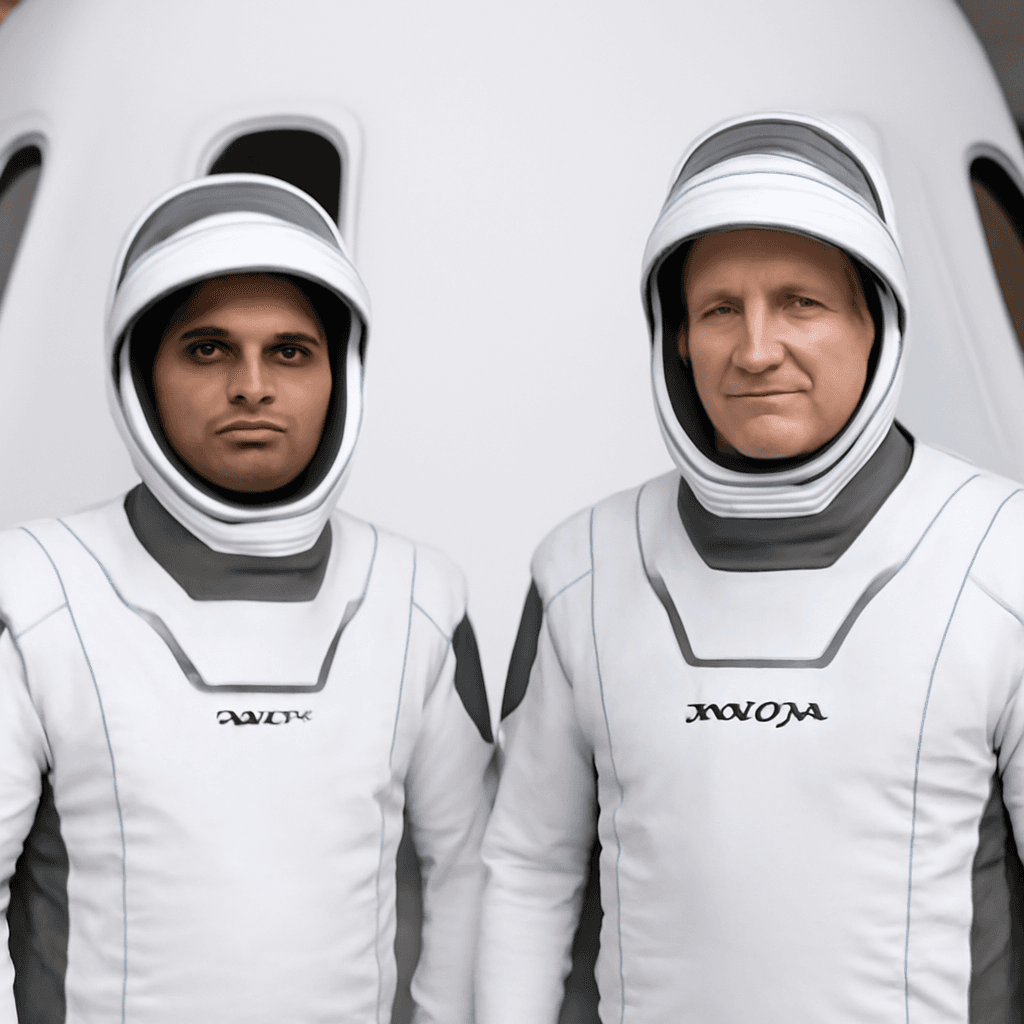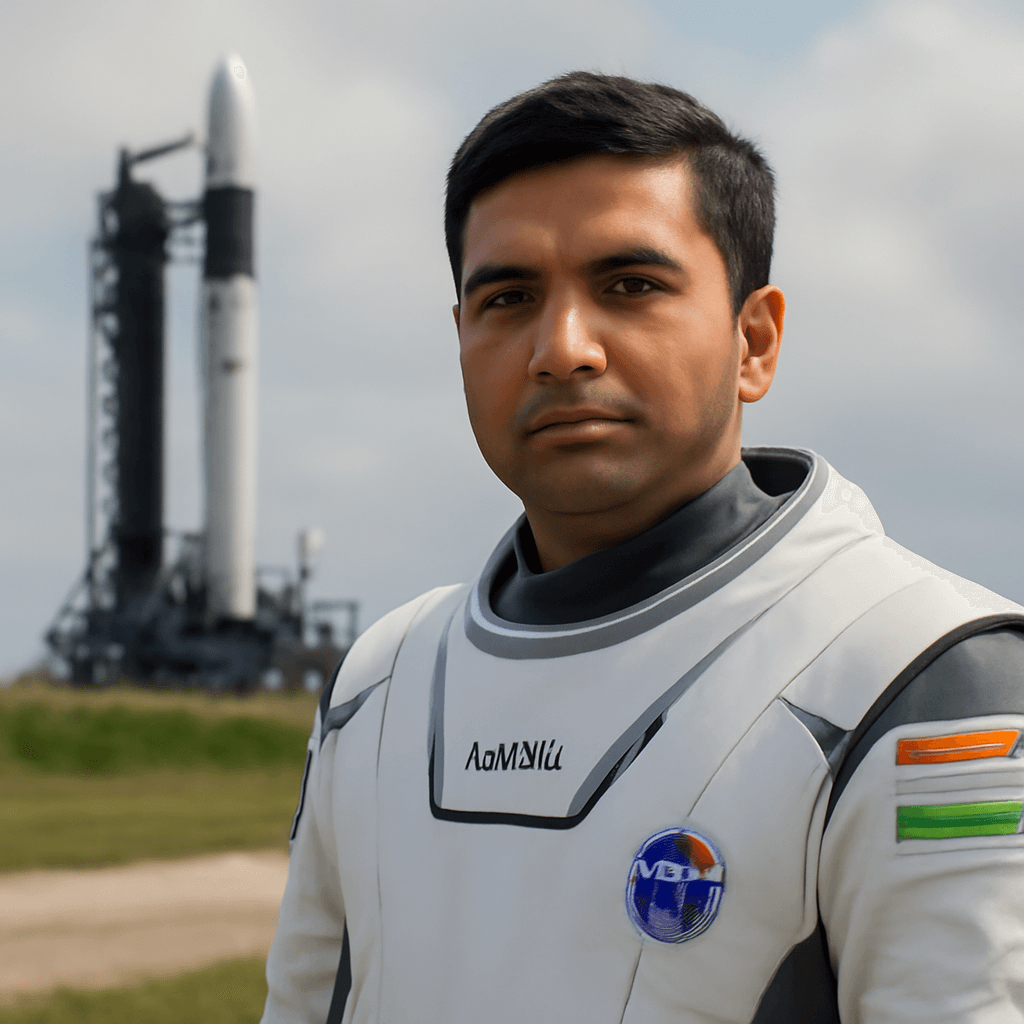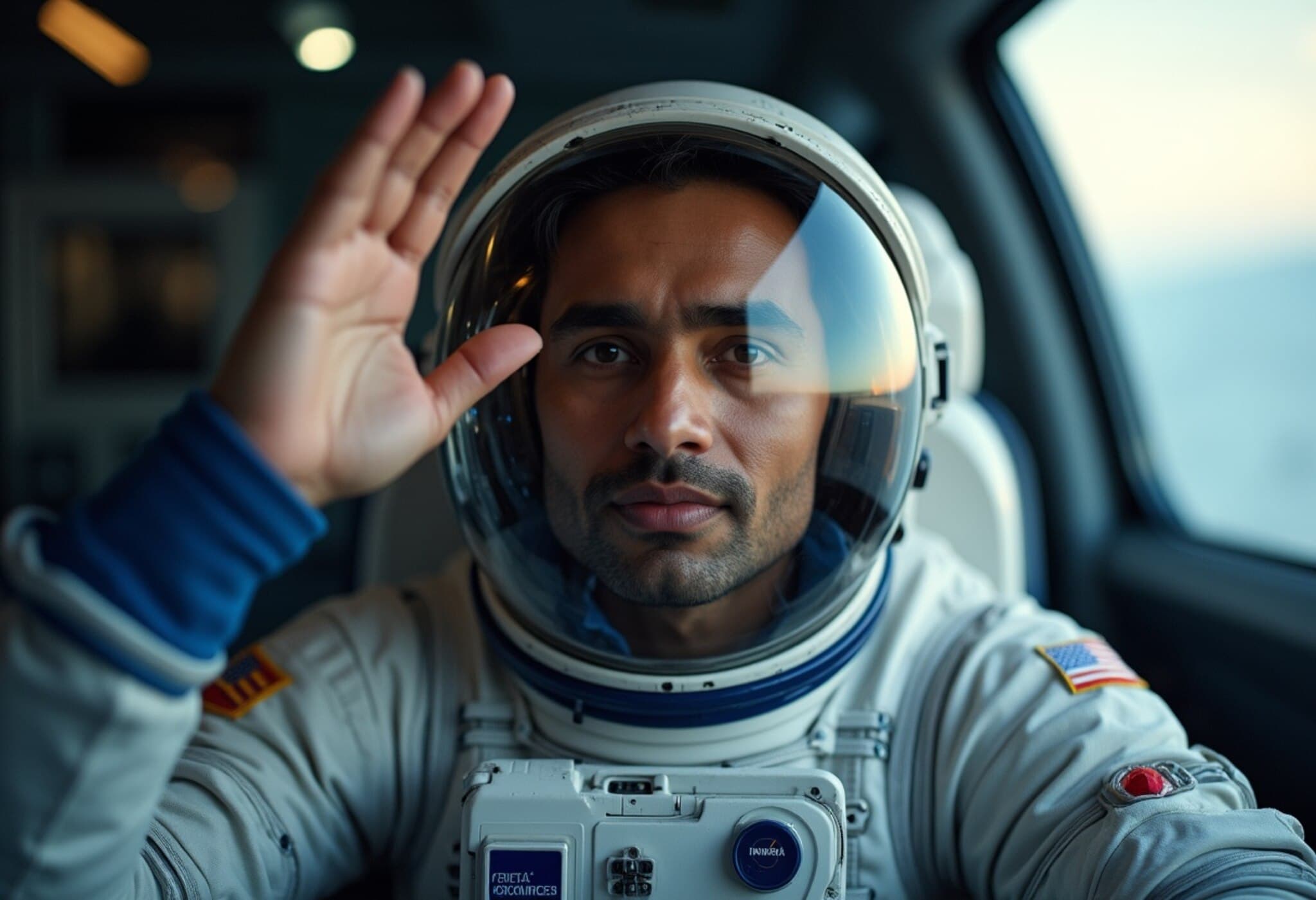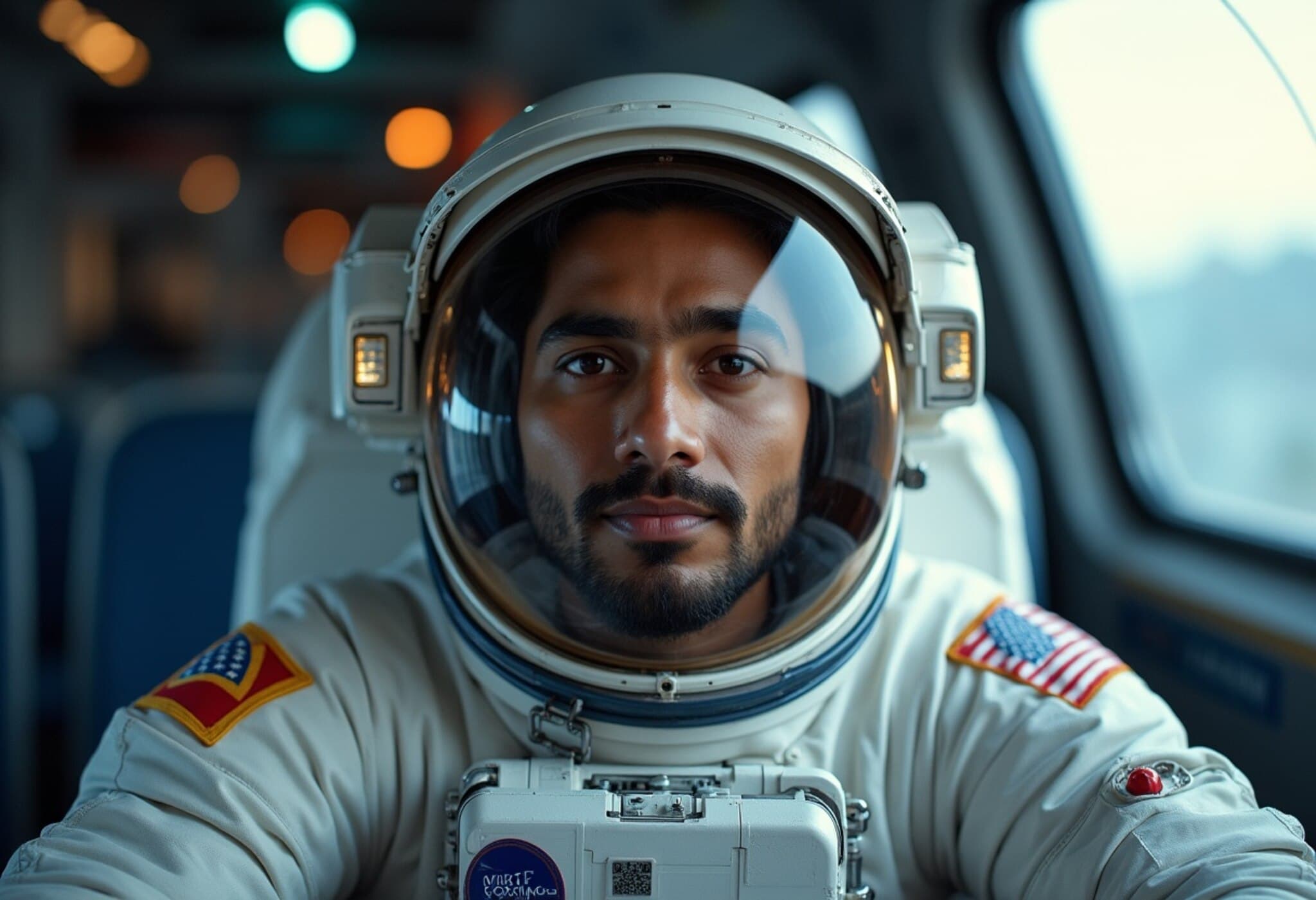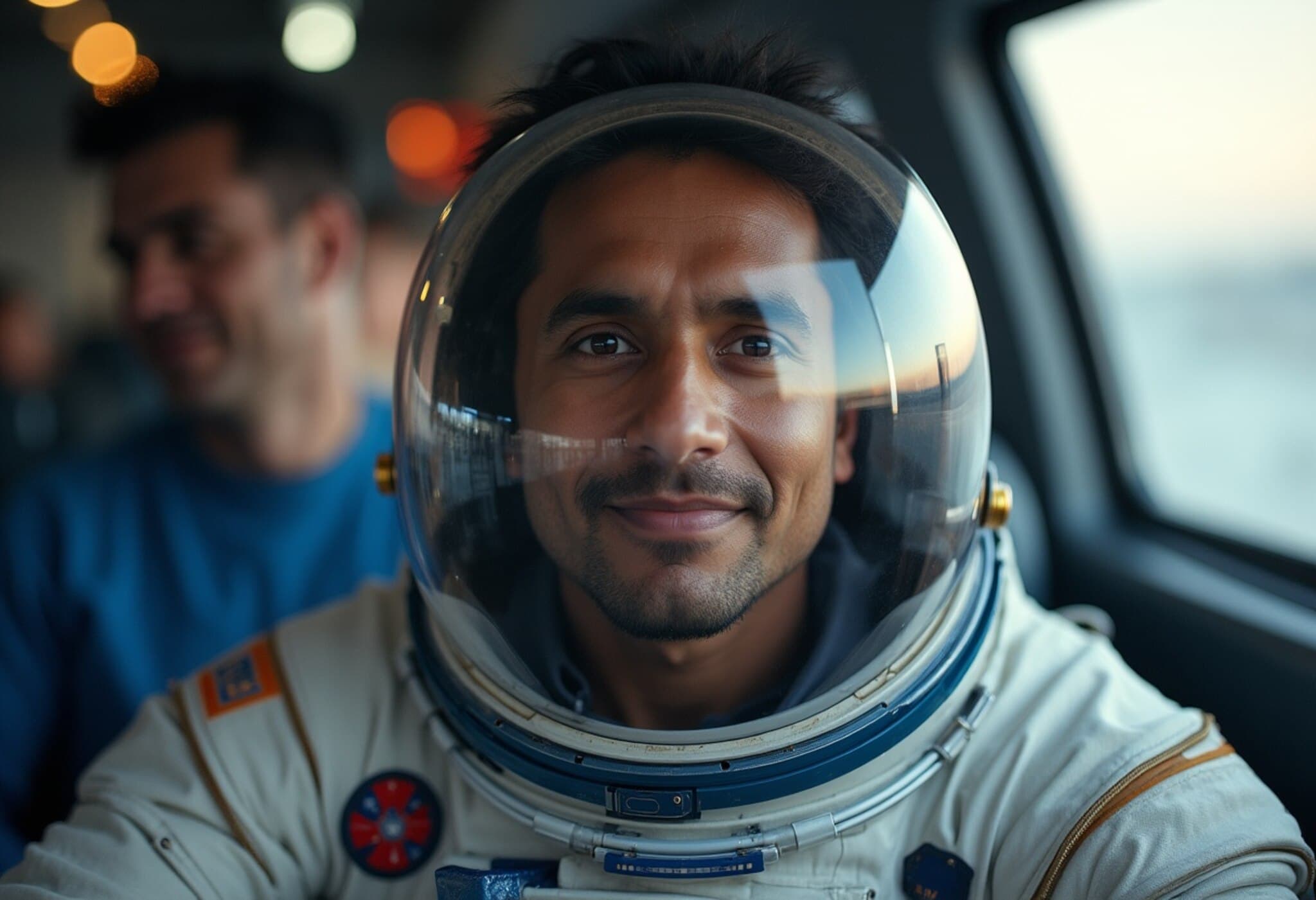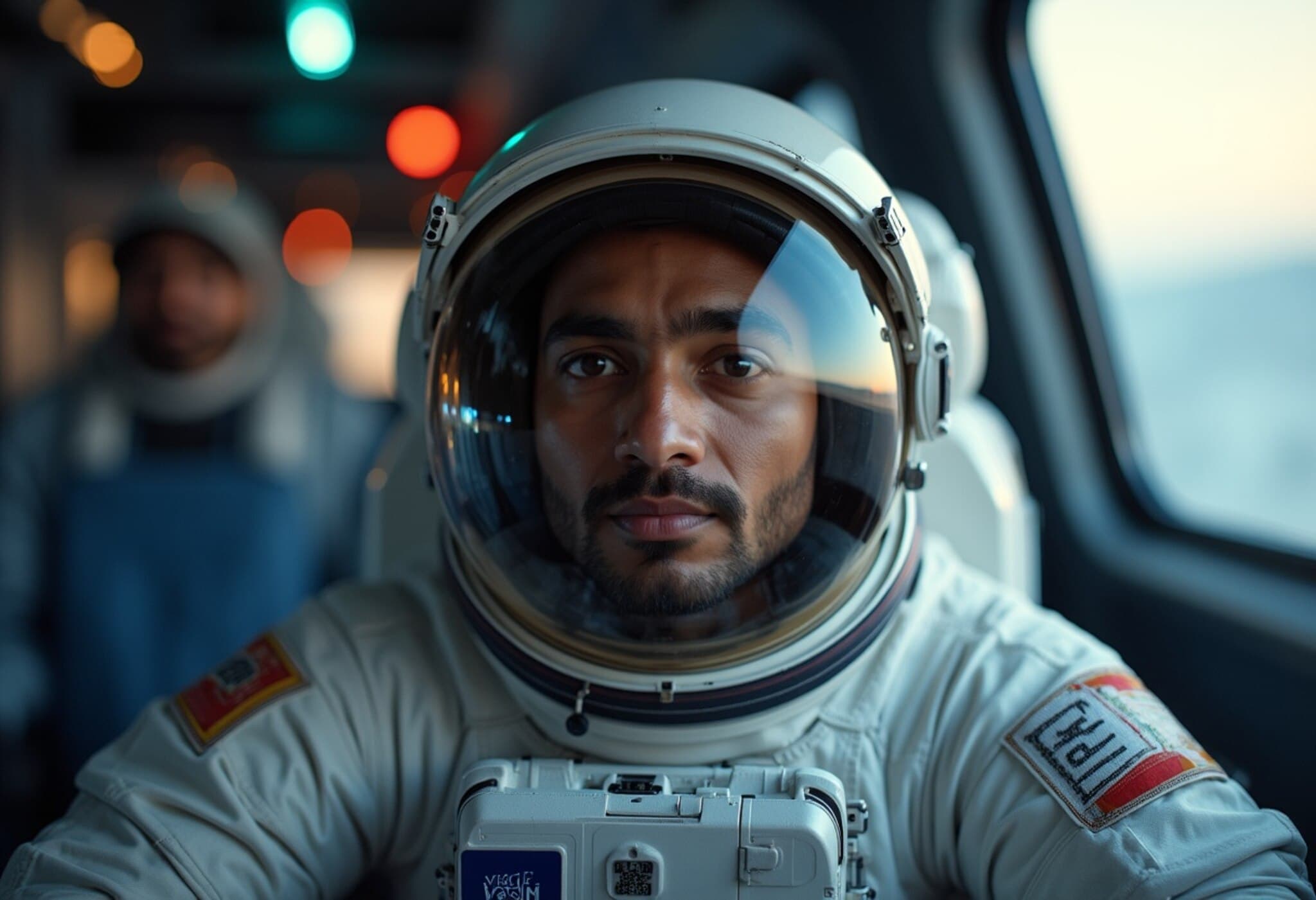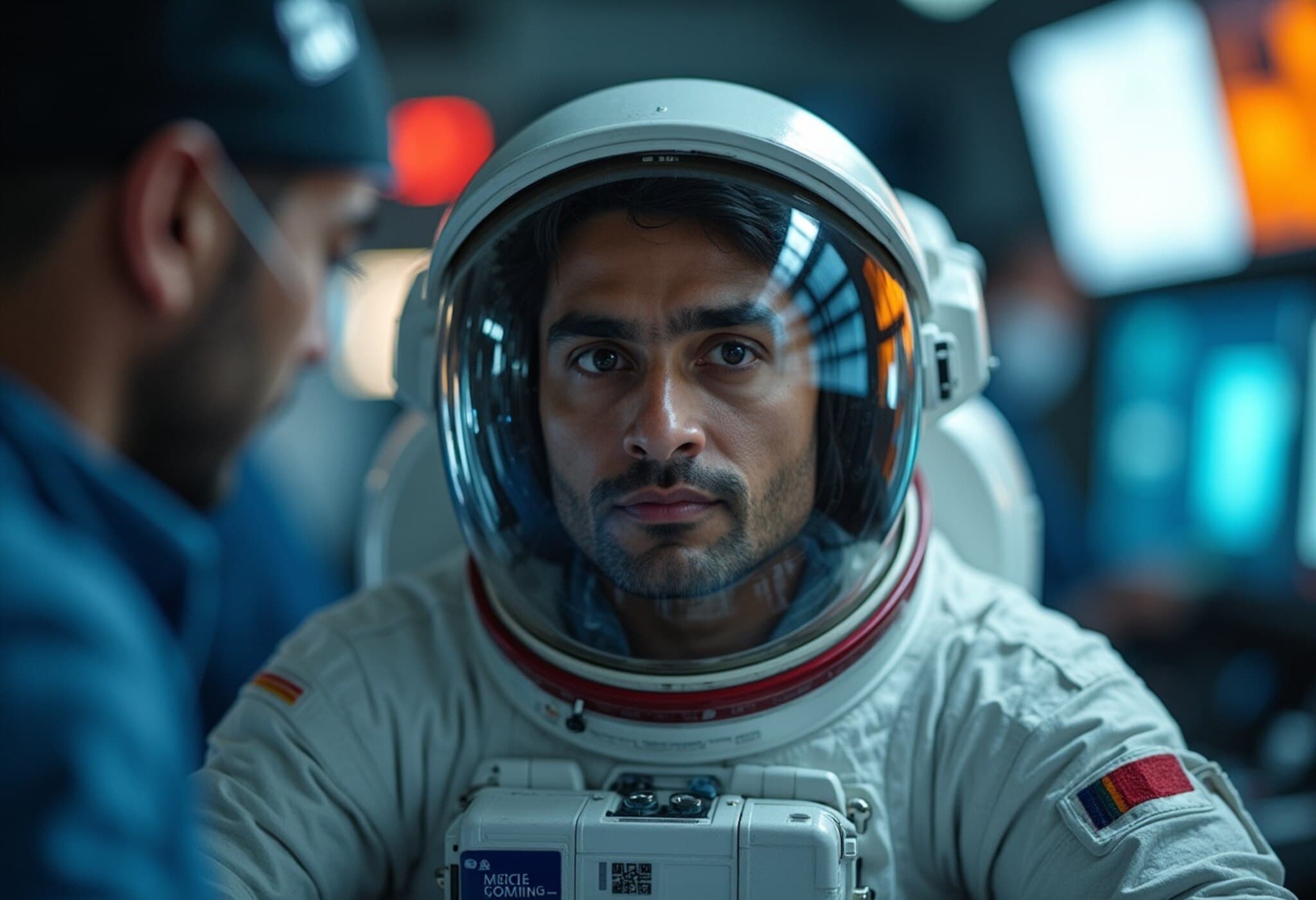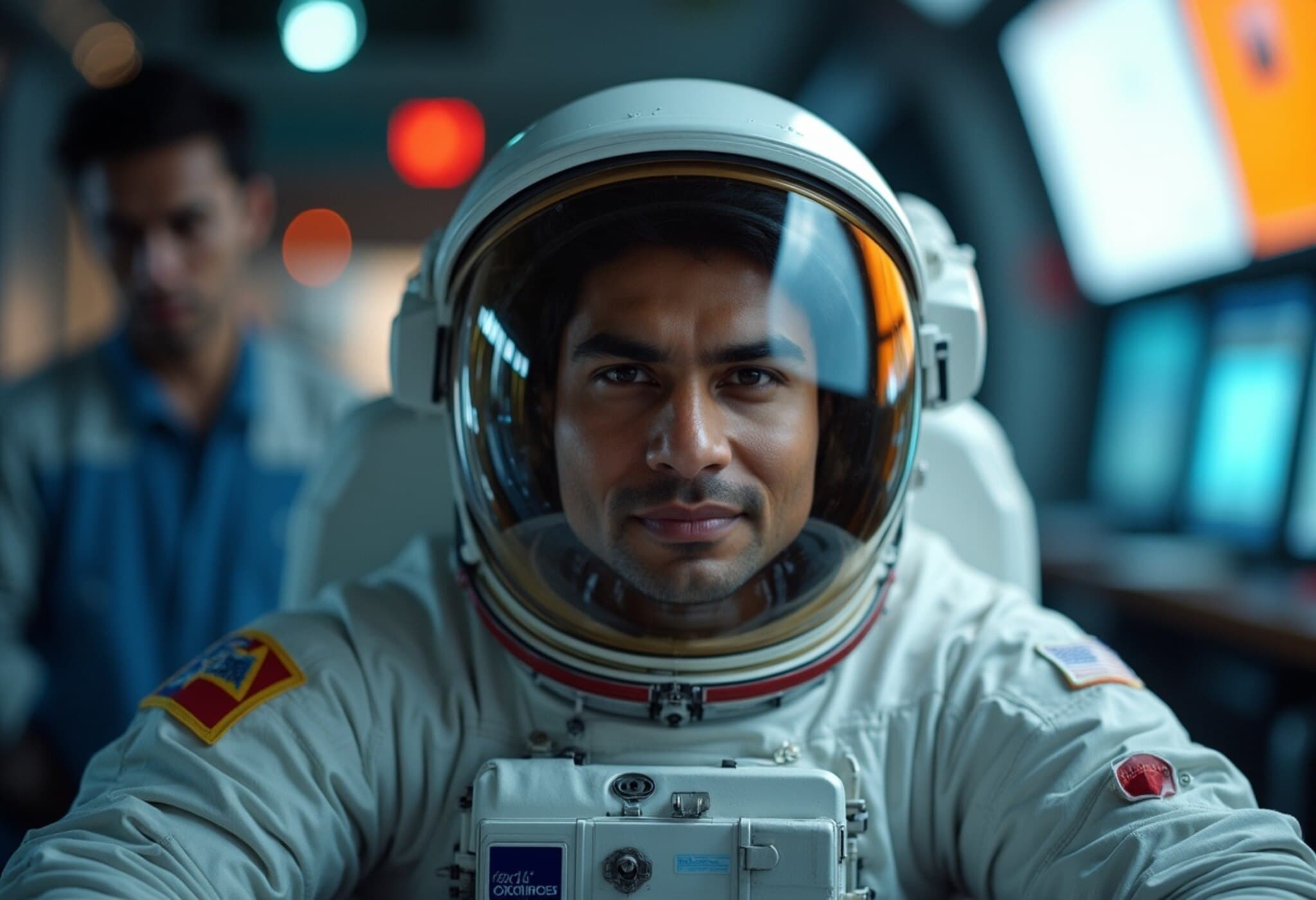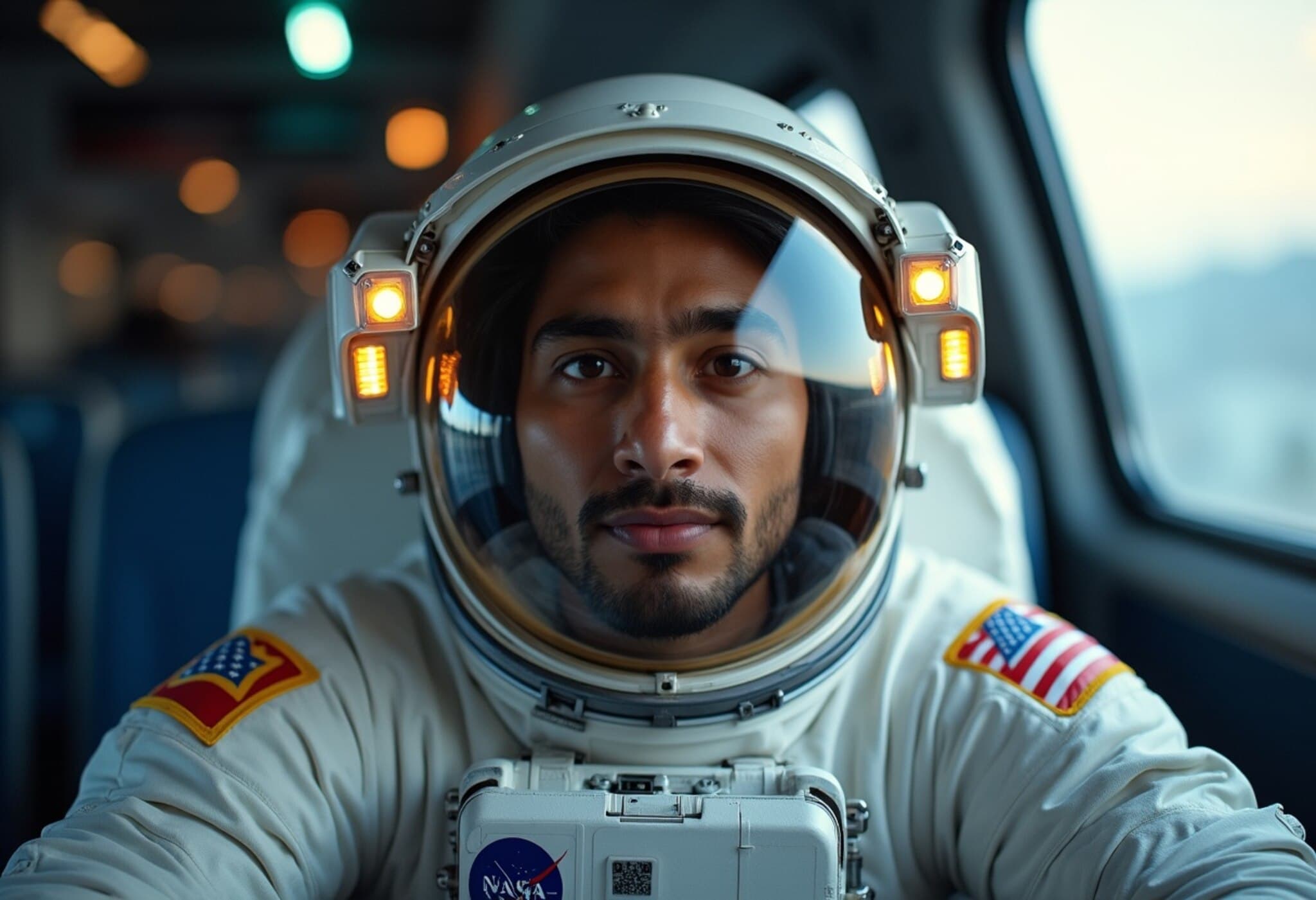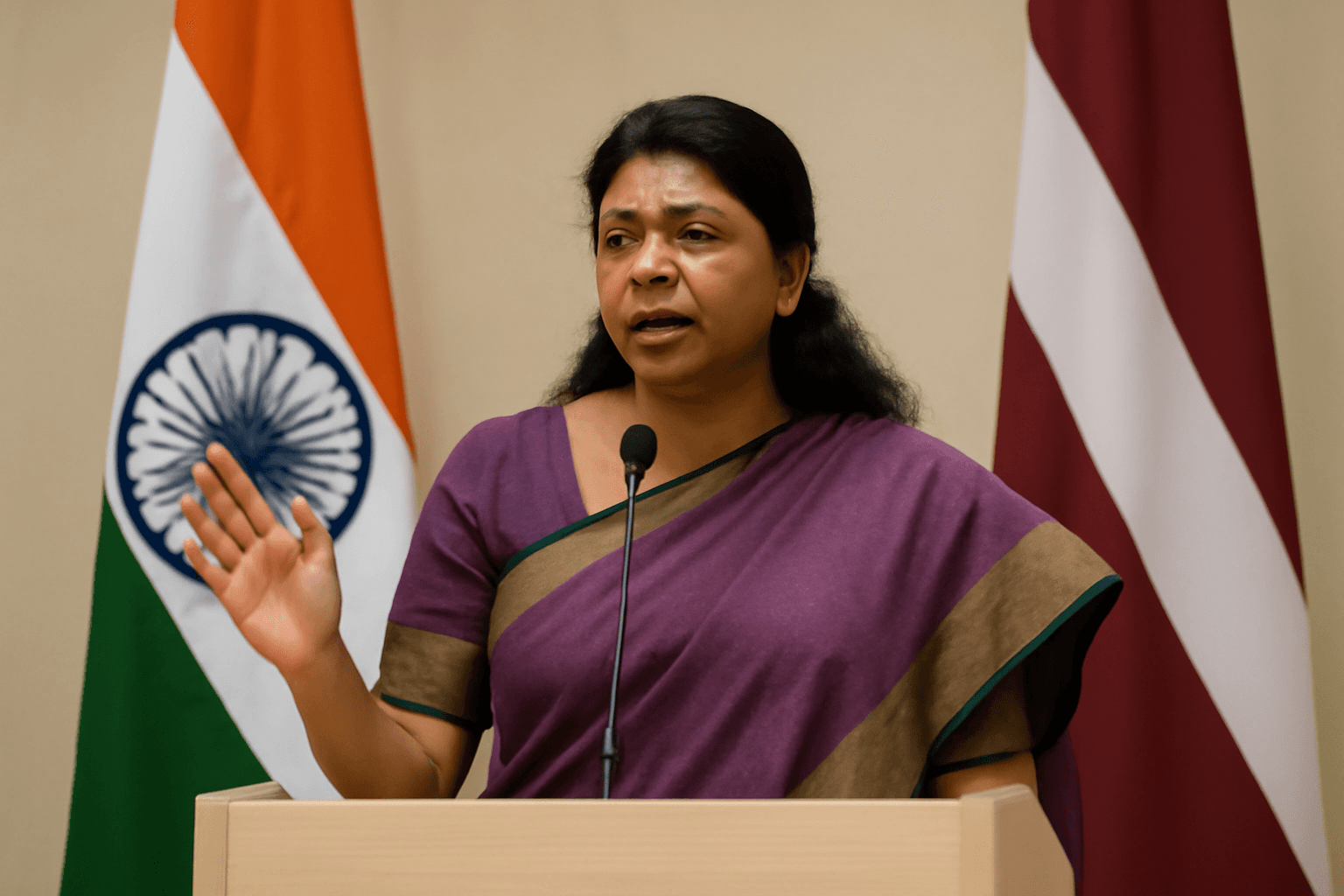As India prepares to send Group Captain Shubhanshu Shukla to the International Space Station (ISS) aboard the upcoming Axiom 4 mission, a remarkable partnership is emerging between India and Israel that highlights the power of space exploration to unite nations.
Israeli astronaut Eytan Stibbe, who flew on the Axiom 1 mission in 2022, is extending his support to India by engaging schoolchildren in Lucknow, Shukla's hometown. This initiative centers around the City Montessori School (CMS), where Shukla studied. Inspired by a meeting in Houston between the two astronauts, Stibbe and Shukla conceived a program that allows Indian students to actively participate in the excitement of space discovery.
The Axiom 1 Mission: A Personal Endeavor
Eytan Stibbe's spaceflight was Israel's second manned mission following Ilan Ramon, the country’s first astronaut who tragically perished in the Columbia shuttle disaster in 2003. Unlike typical space missions supported by agencies, Stibbe privately funded and designed his mission, combining scientific experiments, educational outreach, and artistic elements.
He emphasized that the mission aimed to rekindle Israeli public interest in space exploration and demonstrate the feasibility and benefits of private astronaut missions. His work involved contributions from children, scientists, and philosophers, making it a collective experience for the Israeli public.
A Tribute to Ilan Ramon
Stibbe's flight also served as a homage to his friend Ilan Ramon. Ramon had been part of a 2003 shuttle mission along with Indian-American astronaut Kalpana Chawla; both were lost in the Columbia disaster. The impact of this loss profoundly affected Israel’s perception of human spaceflight, motivating Stibbe to restore enthusiasm and curiosity about space science among the public.
Preparing for Space with Dedication
For Stibbe, the space journey was a personal mission to inspire excitement about the vastness and mysteries of space. One transformative moment was observing Earth from orbit, appreciating the fragile atmosphere—the layer vital for sustaining life. His self-funded mission symbolizes his conviction that investment in space science benefits multiple sectors including academia, industry, and healthcare.
Extending the Outreach to India
During an astronaut gathering at NASA’s Johnson Space Center in Houston, Shukla and Stibbe discussed their shared goals. Inspired by Stibbe’s successful engagement with Israeli students, Shukla proposed extending similar opportunities to schools in Lucknow. CMS quickly embraced the concept, leading to plans for a parallel 'mission control' experience that will let students track Shukla’s activities aboard the ISS through live video feeds and interactive sessions.
Students will be encouraged to observe astronauts’ daily tasks and living conditions in microgravity, fostering curiosity and educational growth. This initiative reflects a deeper friendship between India and Israel, highlighting mutual learning in education, science, and space technology.
Symbolic Diplomatic Ties
Such collaboration echoes the strengthening diplomatic relationship between the two countries, supported by bonds between their respective Prime Ministers. Invitations for joint participation in space-related events are anticipated, underscoring the potential for sustained cooperation.
For Stibbe, witnessing Earth from space instills a profound awareness of its fragility and the importance of sustainability, motivating efforts to inspire younger generations to cherish and protect our planet.

